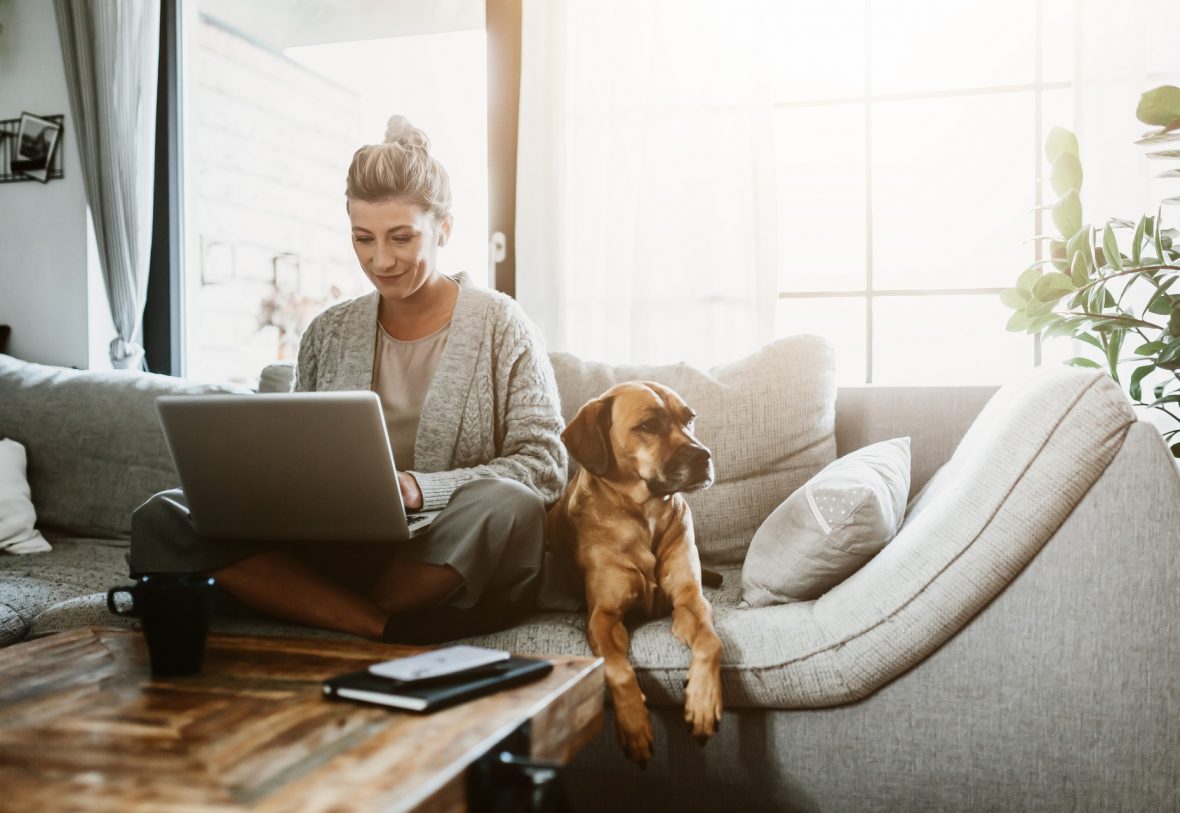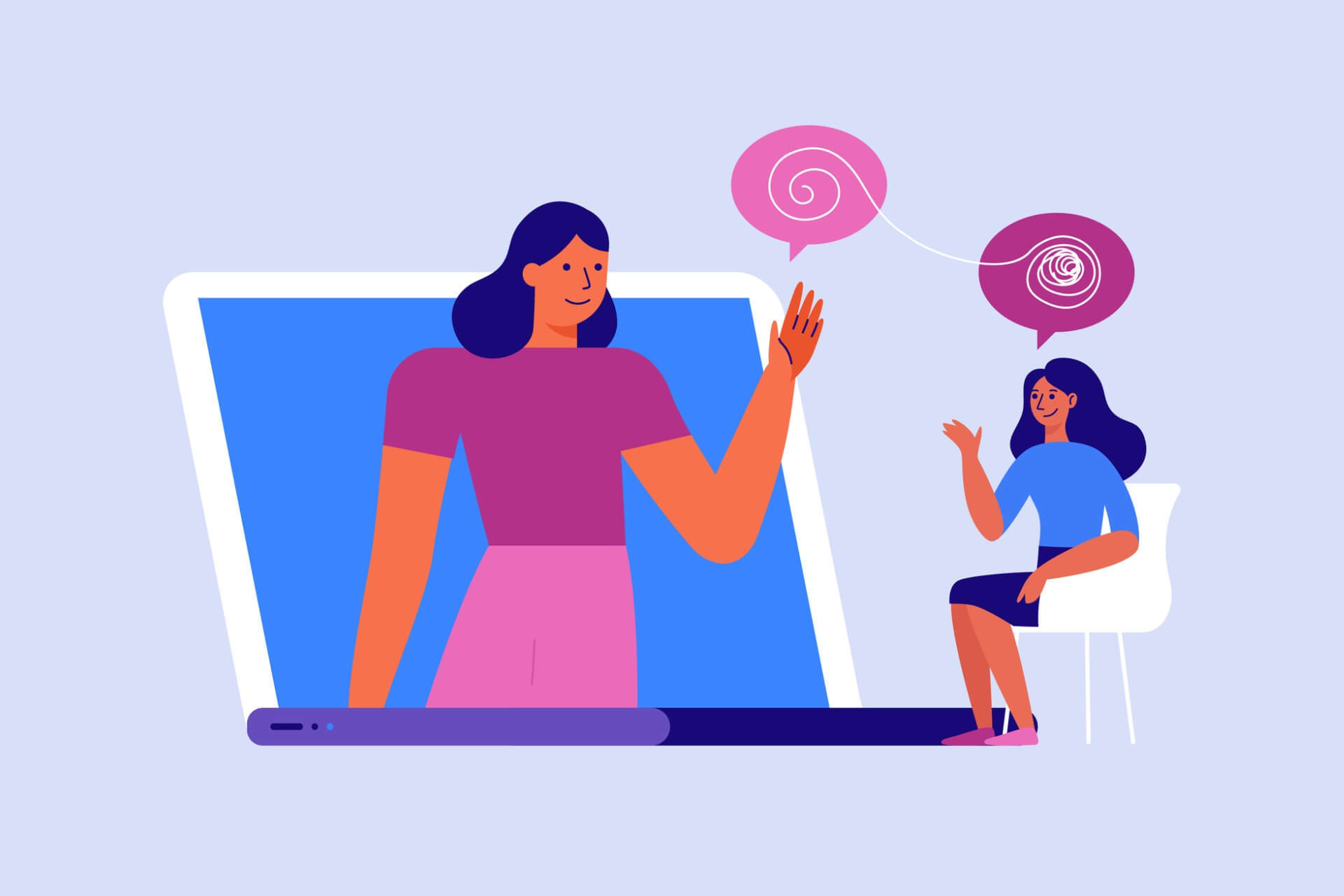Protecting Your Mental Health Through a Pandemic
The COVID-19 pandemic has affected nearly every aspect of our lives. In 2019, only 1 in 10 adults in the U.S. reported symptoms of anxiety or depression, but as of 2021, the number is 4 in 10 adults. Studies show that many adults are reporting difficulty sleeping and eating as well as increased alcohol consumption or substance use.

Establish A Routine
Routines and schedules represent expectations and patterns that are an important component of good mental health. The pandemic has disrupted many people’s daily routines — both adults and children — resulting in a lack of structure that can contribute to stress, anxiety, and even clinical depression. The convenience and flexibility of remote work are nice, but not at the expense of self-care.
Establishing daily routines is great for forming healthy habits and contributes to good mental health. Everyone’s routines look different. You may want to establish a daily routine at points throughout the day such as morning or bedtime. Weekly routines are nice because they allow you to have something to look forward to, such as a movie night.
Practice Self Care
Without the need to go out in public, our behaviors drastically changed. Studies show that the pandemic has had significant emotional, behavioral, and psychological impact that has affected our everyday behaviors. It’s not uncommon to see a decrease in hygiene practices and other forms of self-care throughout the pandemic, even in 2021 with more businesses open and accessible.
Neglecting self-care tasks can be a sign of poor mental health and is a common symptom of clinical depression. The actual act of doing these tasks is beneficial, and motivation is the driving force. It’s not that there is no need to put yourself together in the morning, it’s that you are simply doing it for yourself and no one else. Your body and mind still deserve to be taken care of regardless of how you spend your time in quarantine.
You’re Not Alone
If you’ve been feeling isolated, lonely, and down over the past year, you aren’t alone. Humans are social creatures and require community and socialization to thrive. Feeling unlike yourself lately simply shows that you’re human.
It can be easy to self-isolate and decrease your communication with others when nested at home. Maintaining virtual or safe and distanced contact, whether it’s daily, weekly, or monthly, with your social network, can help you feel connected and improve wellbeing.
We’re Here To Help
At Mile High Psychiatry, we want to help you become the best version of yourself. Our providers utilize a combination of psychotherapy and cognitive tools. To learn more about our process or to request an appointment, contact us today.



